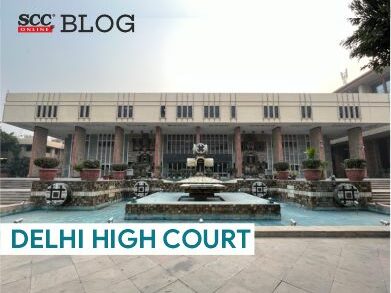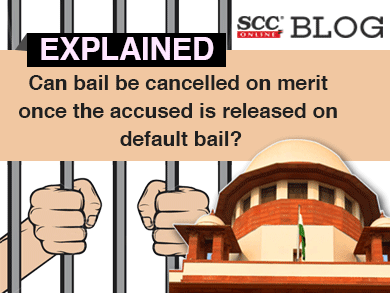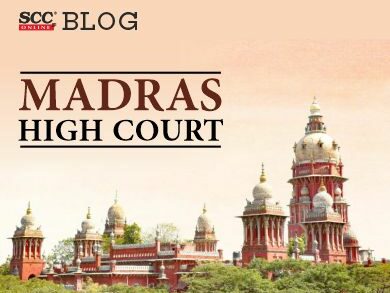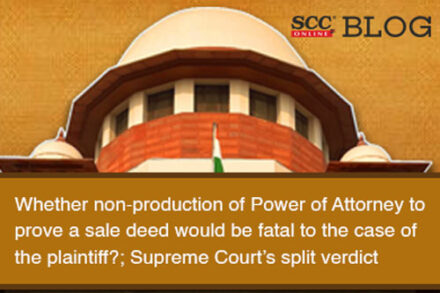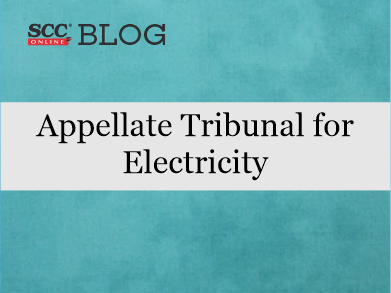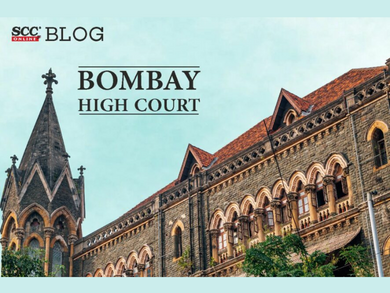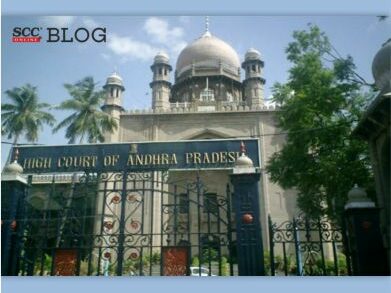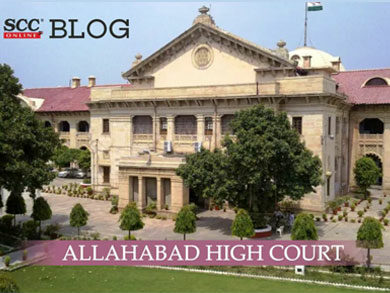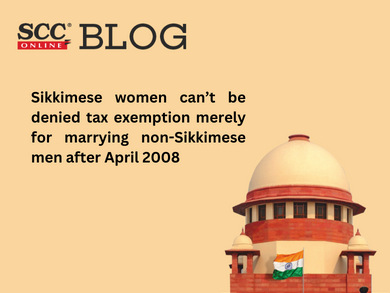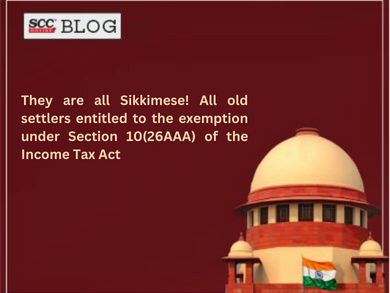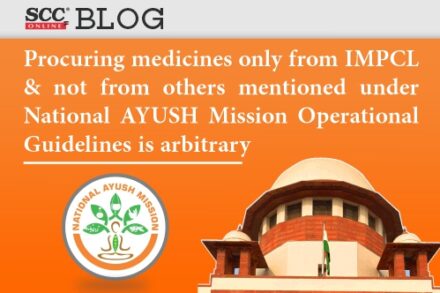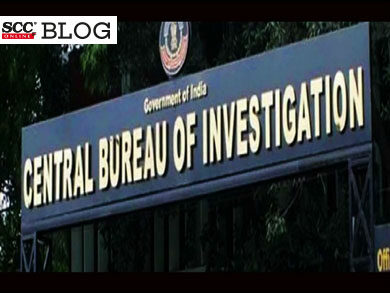
[Chanda Kochhar Case] CBI Court allows addition of the charge of breach of trust in the FIR
The Special Judge of CBI Court reiterated that it is not necessary for the IO to seek prior permission of the Court for adding or deleting Sections , on the basis of material collected by him, and can intimate about it to the Court.
Continue reading


